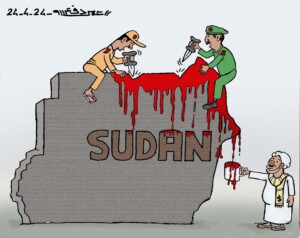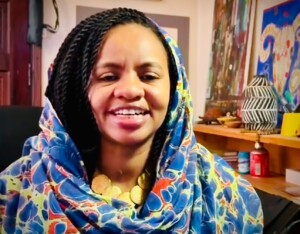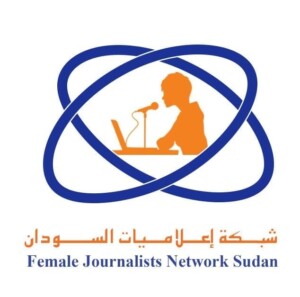‘Sudanese mock upcoming elections’: analyst
The general elections in Sudan, scheduled for April 2015, do not make any sense, and will increase the polarisation in the country, according to a leading political analyst.
“Many Sudanese mock the elections. The polls will cost the country SDG80 billion ($14 billion), and won’t change the government,” said Prof Abdelwahab El Effendi of the University of Westminster, in Radio Dabanga’s programme Sudanese Files, broadcast on Wednesday.
The analyst called for a genuine democratic transition in the country. “Only in this way, the growing gap between the rulers and their affiliates, and the marginalised majority can be eliminated. If the elections will take place as planned, the polarisation will only increase.”
The general elections in Sudan, scheduled for April 2015, do not make any sense, and will increase the polarisation in the country, according to a leading political analyst.
“Many Sudanese mock the elections. The polls will cost the country SDG80 billion ($14 billion), and won’t change the government,” said Prof Abdelwahab El Effendi of the University of Westminster, in Radio Dabanga’s programme Sudanese Files, broadcast on Wednesday.
The analyst called for a genuine democratic transition in the country. “Only in this way, the growing gap between the rulers and their affiliates, and the marginalised majority can be eliminated. If the elections will take place as planned, the polarisation will only increase.”
He also stated that the government's arguments for holding the elections in April are “very flimsy”.
“They say that the Constitution and the law are to be respected. Yet, the powers of the state governors, elected in the polls of 2010, were reduced without any reference to the Constitution.
'President Al Bashir decides as he pleases'
“The ruling National Congress Party (NCP) is suffering from a lack of institutionalism, as President Al Bashir decides as he pleases. The NCP itself does not even respect its own statutes, as they do not allow a president to be nominated for more than two presidential terms,” Prof El Effendi concluded.
The country’s first multi-party elections in more than 20 years were held in April 2010. In January of that year, Al Bashir had retired from his post as commander of the armed forces, a position he had held since the 1989 coup. He did so to comply with legal requirements regarding candidate eligibility so that he would be able to accept the nomination of the National Congress Party, and stand in the presidential election. Al Bashir was re-elected with 68 percent of the votes. The elections were clouded, however, by multiple indications of fraudulent practices, and international observers who declared that the polls fell short of international standards.
The elections scheduled for April 2015 were recently postponed by 11 days. Observers attributed the move to a constitutional amendment on 3 November, by which the president was granted the right to appoint the state governors instead of having them elected. The amendment will become effective 60 days after approval by the parliament. As the National Election Commission needs to adjust the procedures by excluding the governors’ polls, the general elections had to be slightly adjourned.











 and then
and then